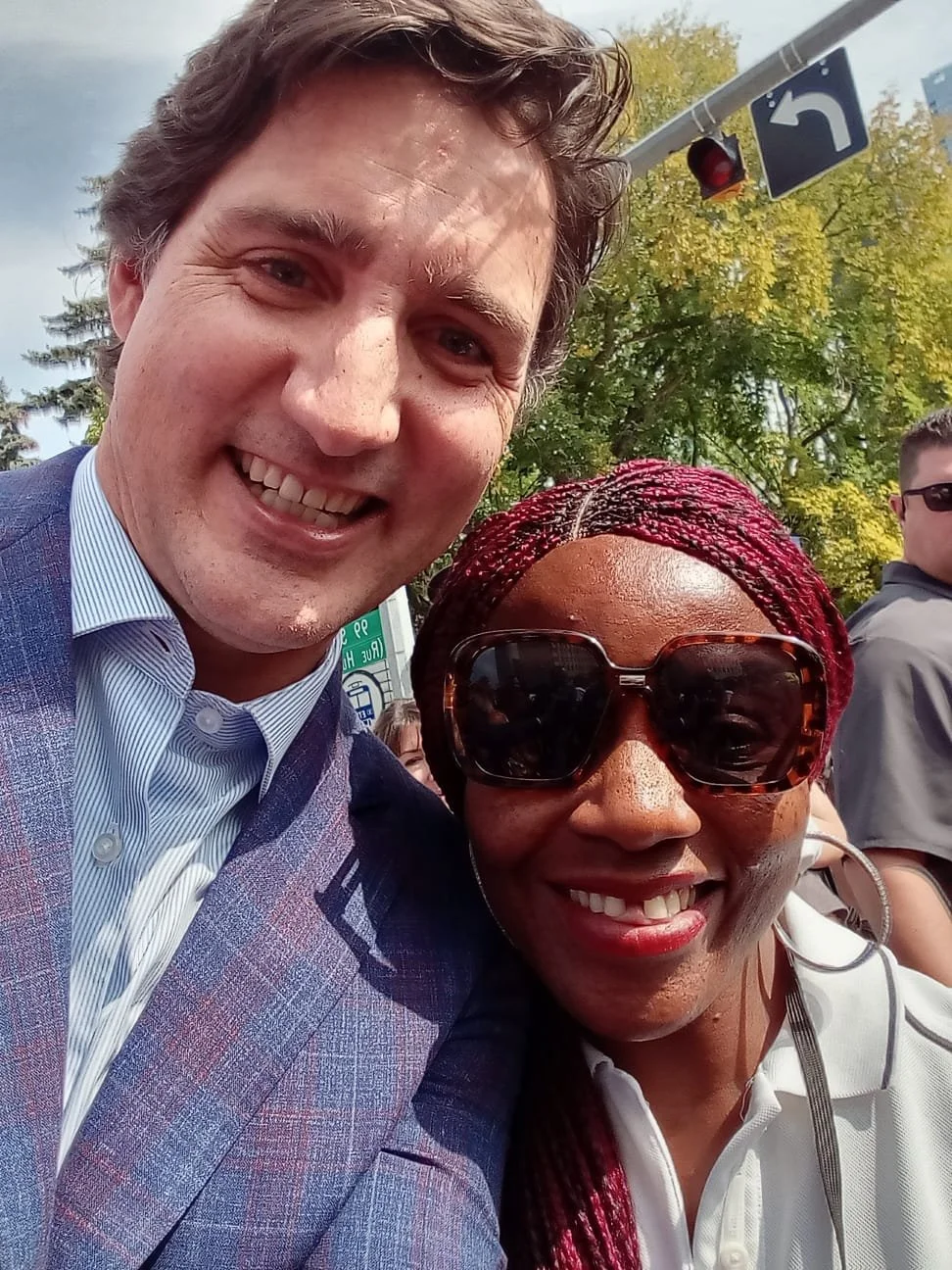Case Study: Street Teams
Project:
Project Owner:
Prime Consultant:
Date:
Valley Line Southeast
City of Edmonton
AECOM
2022–2024
As construction progressed on the Valley Line Southeast and Valley Line West LRT projects, reVerb recognized the importance of reaching community members who might not engage with traditional communication channels like websites, public meetings or formal notices. These underrepresented groups — including newcomers, ESL speakers, lower-income families, casual city visitors, children, and other higher-risk or marginalized populations — were often left out of traditional engagement efforts.
To bridge this gap, reVerb Communications planned and executed a Street Team program that brought real-time, in-person outreach directly into the community. Launched in July 2022, the initiative was originally part of the Valley Line Southeast safety campaign, later expanding to Valley Line West through 2023 and into a fully West-focused model by 2024.
reVerb led the program end-to-end — hiring and training staff, coordinating event attendance, developing public education tools, and reporting results. The Street Team appeared at festivals, civic events, and community hubs, including libraries and rec centres, adapting to weather challenges like wildfire smoke and drawing on relationships with partners like the Edmonton Arts Council and the City Hall School program.
Active engagement was central to the Street Team’s success. reVerb developed hands-on educational tools that invited direct interaction. These included a multilingual brochure (translated into six commonly spoken languages in Edmonton), a bilingual kids’ activity book, a life-size board game, and a rail-safety matching game, all designed to teach safe transit behaviours, platform features, and train recognition in an engaging and accessible way.
The Street Team’s primary goals were to build awareness among residents typically outside the core information loop and to open a two-way channel for dialogue. Staff were trained to answer a range of questions, including those about project delays and concerns, and were often mistaken for 311 (the City’s information and service request line) representatives due to their deep familiarity with city-wide topics. This further solidified the program’s role as a trusted, approachable face of the City. As a result, it led to increased invitations from other departments to participate in their events because they recognized the value of the Street Team’s presence and the synergies it created on the ground.
One measurable outcome is that team members directly influence behaviour at street-level crossings. For example, a documented moment occurred when a passerby, previously ignoring signals, paused to follow walk-light guidance after a team member’s intervention. In another instance, staff helped de-escalate safety concerns by explaining train operations and built-in safety mechanisms.
Through its proactive approach, the Street Team improved public confidence and broadened awareness of the LRT projects. In 2024 alone, the team attended more than 100 events and interacted with nearly 20,000 people, reaching an estimated 2% of Edmonton’s population directly. This active presence helped shift the tone of public discussion, particularly during periods of heightened scrutiny, while also delivering measurable results: detailed interaction logs, audience insights, and engagement summaries that helped City staff and project partners understand key concerns, identify emerging trends, and adjust communications. The initiative demonstrated the value of meeting people where they are and set a new standard for inclusive and data-informed engagement.












